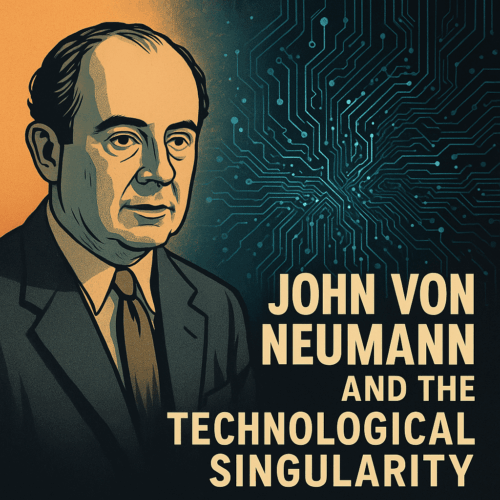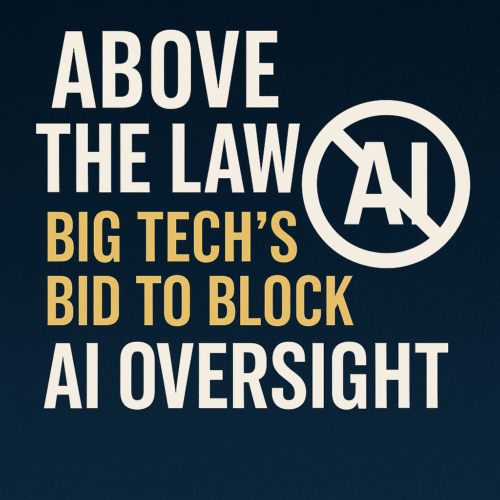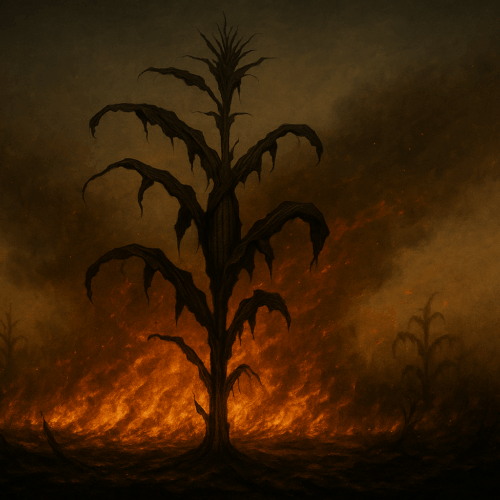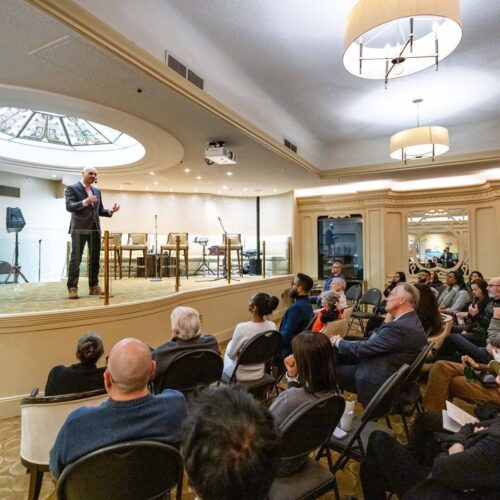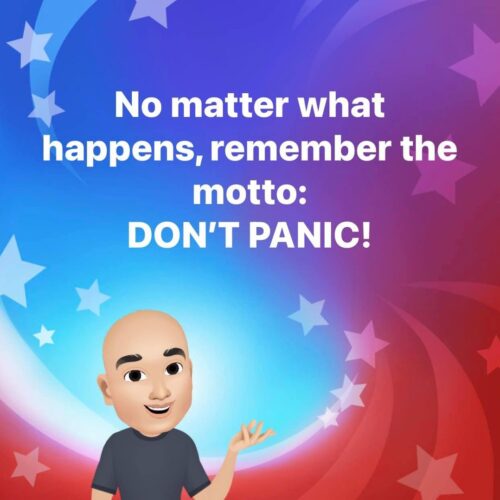The Importance of Doubt, Asking Questions and Not Knowing
 Most of us are uncomfortable not knowing.
Most of us are uncomfortable not knowing.
Just think about it: Wouldn’t it be nice (and easy) if we knew the answers to all the important questions?
Who am I? Is there a God? What is his name? What is the purpose of life? How do I live the good life? What is justice?…
Knowing is much more comfortable (and easier) than not knowing. That is why most people convince themselves to be absolutely certain they know the answers.
Yet, as Voltaire presciently noted “Doubt is not a pleasant condition, but certainty is absurd.”
It is absurd to take things on faith, without doubting or testing them in any way, and go on preaching that you really do have the answers.
It is absurd to be able to accomplish such an enormous feat simply by following orders and without any substantial struggle, discomfort or risk.
It is absurd that we can find out everything there is to know by listening to our parents and elders or by mindlessly reciting someone’s holly book.
Religion is a convenient and easy way out of our discomfort. It is the fast food equvalent in our hunger for grand answers and spiritual fulfillment – it may provide short-term relief but is damaging in the long-term for our ability to think. It is this, more than anything else, that explains my atheism.
Said Nietzsche:
“I do not by any means know atheism as a result; even less as an event: it is a matter of course with me, from instinct. I am too inquisitive, too questionable, too exuberant to stand for any gross answer. God is a gross answer, an indelicacy against us thinkers — at bottom merely a gross prohibition for us: you shall not think!”
***
Not knowing, just like other cases of being uncomfortable, is a great incentive for personal growth. Progress always comes at the point of resistance. Getting uncomfortable and willing to be uncertain, to not know, to ask questions, to err and to fail, is the best and only way to learn, grow, progress and move forward.
Why? Because as Richard Branson has demonstrated over and over again: “There is always a better way! The fact that something has been done the same way for years is a sign of lazyness or neglect.”
So not knowing is always the very first step on the way to knowing.
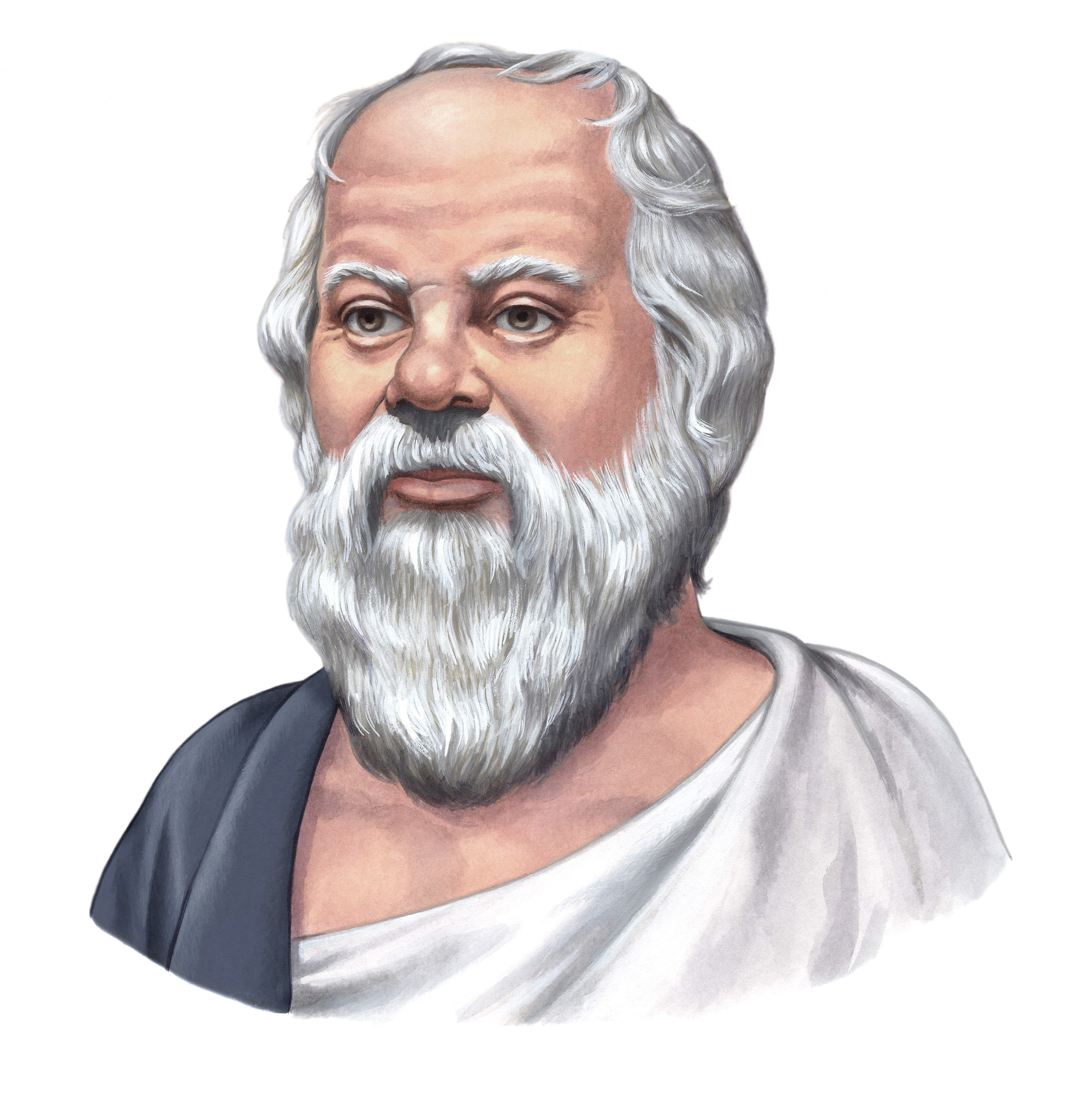 “I know that I don’t know. But you don’t know that you don’t know, and that is why you think you know.” is what Socrates used to say.
“I know that I don’t know. But you don’t know that you don’t know, and that is why you think you know.” is what Socrates used to say.
Take this contemporary Socrates and Singularity Weblog for example:
I know that I don’t know if the singularity will happen for sure or not.
I don’t even know how to turn this blog into an honest and profitable business to allow me to not only enjoy what I do but also do what I enjoy, without having to struggle.
Yet, what I do know, however, is the importance of doubt, asking questions and not knowing because those are the first steps on the way to finding the answers.
This was the path on which the ancient Greek sage walked and eventually triggered a revolution in culture, science, religion and philosophy that is still on-going.
It is also the path that I have decided to take. No matter the risks, the unknowns and the doubts – I am an optimist – for as long as I am uncomfortable I know that I will be learning and growing. And where there was ignorance there can and, eventually, will be knowledge. (Even it is simply a better question.)
So, join me and venture into the unknown – we are in good company. As Carl Sagan used to say:
“Somewhere, something incredible is waiting to be known.”
So, what are you waiting for?!
Get on the path and take the first step! Be uncomfortable! Have doubt! Ask questions! Not know!…
…and you just might be on the way to discovering something absolutely incredible!
***
Richard Feynman, 1965 Nobel Prize Winner in Physics (Excerpt from 1981 BBC Horizon)
Related articles
- If Socrates Were A Blogger
- David Orban on Singularity 1 on 1: What is the question I should be asking?


